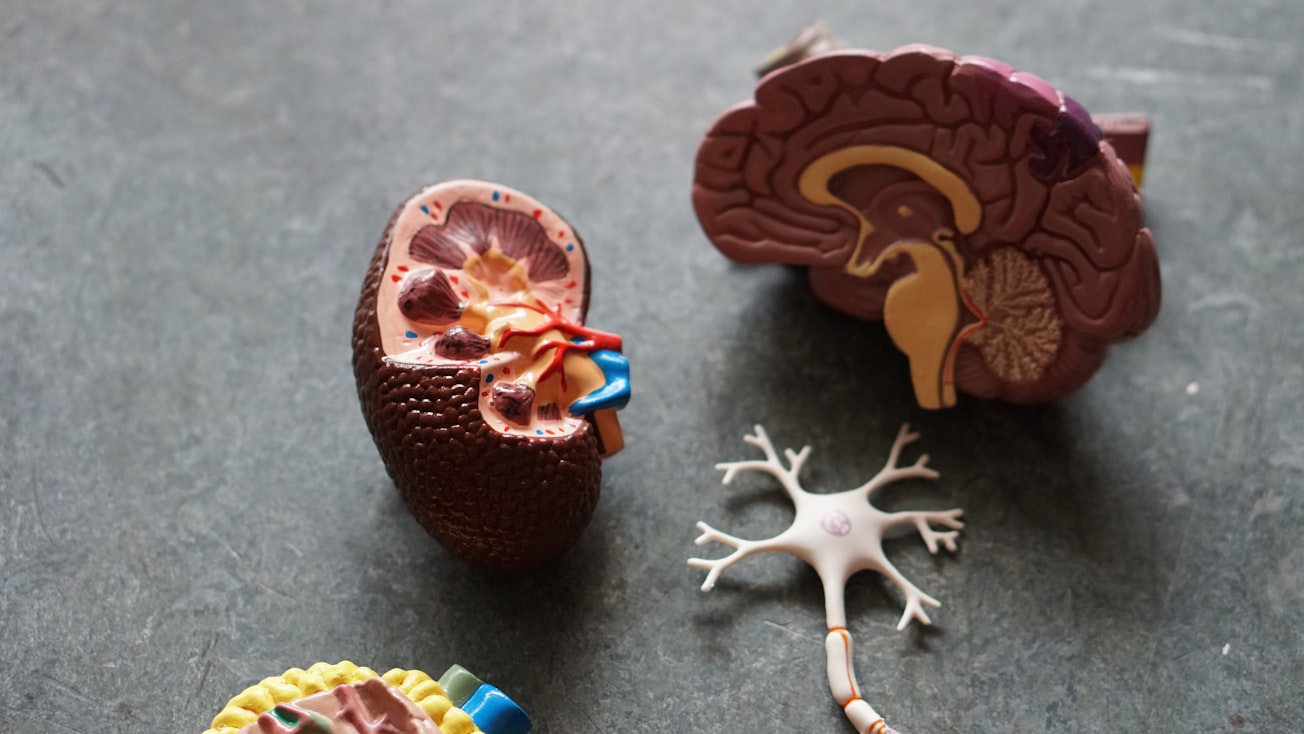What is it about?
The purpose of this study is to investigate the performance of formulaic expressions (conversation formulas, proverbs, idioms) in bilingual individuals with Parkinson’s Disease (PD) to understand whether a difference is manifested in the first and second language.
Featured Image

Photo by Robina Weermeijer on Unsplash
Why is it important?
The results of this study contribute to the growing body of literature on the impoverishment of formulaic language impairment following subcortical dysfunction. Additionally, findings demonstrate a selective impairment in L1 but not L2 for bilinguals with PD. Therefore, the current work provides a foundation for future related empirical investigations of bilingual individuals with PD into aspects of language abilities that may differentiate L1 and L2, bringing more insights into the neural basis of language acquisition and processing.
Perspectives
Shifting away from the classical view of defining PD primarily as a movement disorder, and toward an increased understanding of its disorder-related language impairments in association with relevant cognitive mechanisms and neural processes, could be beneficial for both persons with PD and clinicians. The widespread notion that motor speech impairment and swallowing disorder are the sole focus for evaluations and treatments in PD therapy should be re-considered, as language deficits remain largely unrecognized and untreated. The current findings draw attention to the clinical importance of assessing formulaic language competency in this specific neuro-degenerative population. Better communication with persons with PD can be facilitated by understanding these aspects of language deficits, as many patients may also not be aware of their dysfunction.
Binna Lee
Touro College
Read the Original
This page is a summary of: Subcortical Involvement in Formulaic Language: Studies on Bilingual Individuals With Parkinson's Disease, Journal of Speech Language and Hearing Research, December 2020, American Speech-Language-Hearing Association (ASHA),
DOI: 10.1044/2020_jslhr-19-00390.
You can read the full text:
Contributors
The following have contributed to this page










